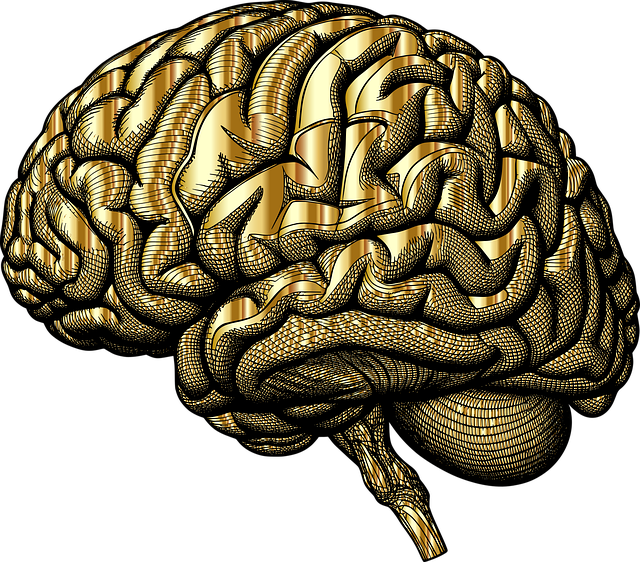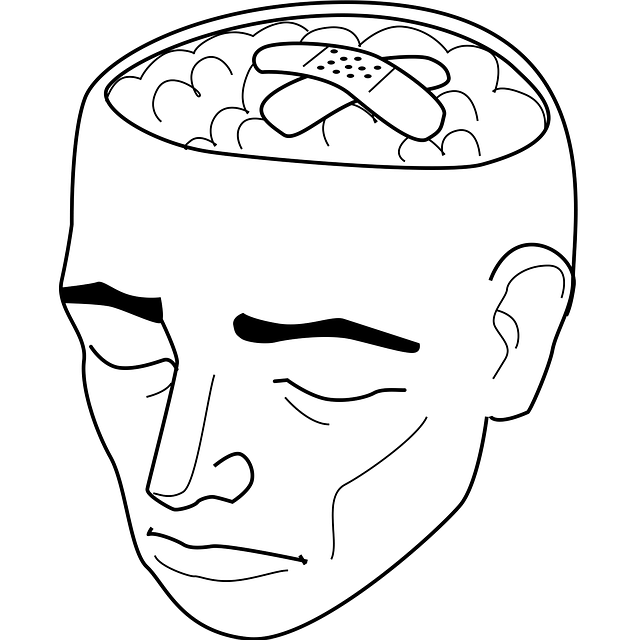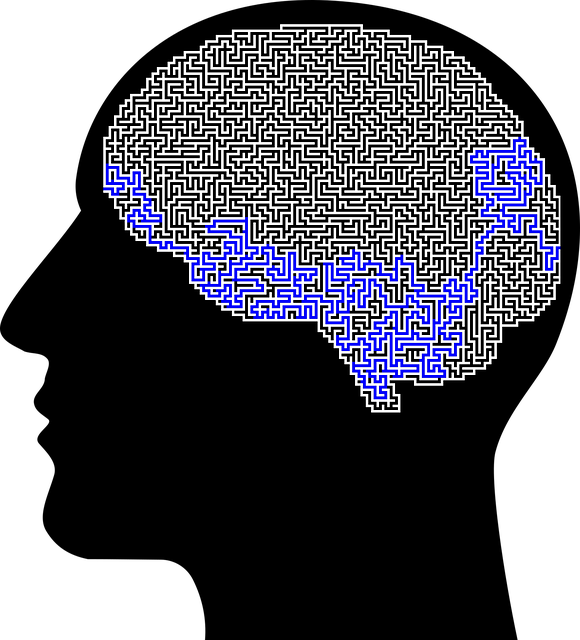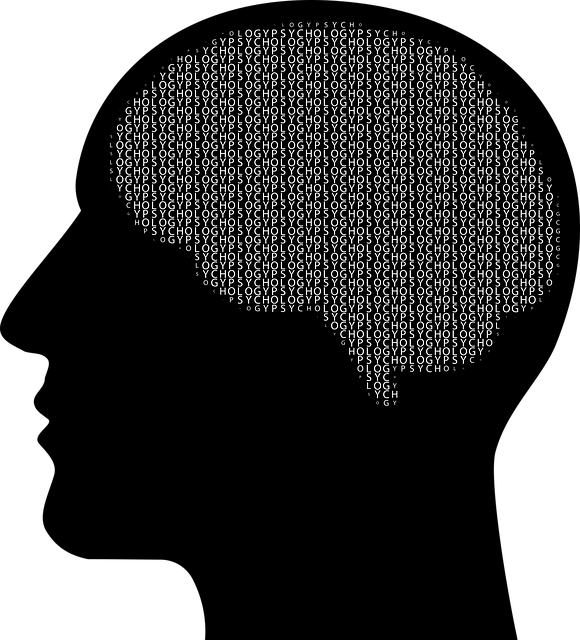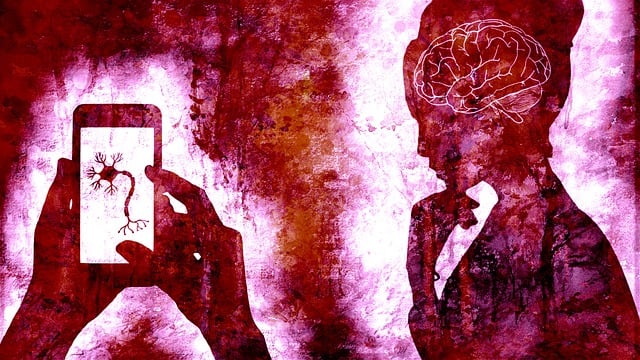Cultural sensitivity is vital in therapy for adolescent teens with developmental disabilities, addressing barriers related to cultural misunderstandings. By implementing inclusive practices, open communication, and tailored conflict resolution, mental health professionals can significantly enhance therapeutic outcomes. This approach not only improves access to care but also equips teens with coping mechanisms to thrive in diverse global communities. Structured training programs focused on cultural competence, alongside accessible resources and community engagement, are key to providing effective support for this unique population.
Cultural sensitivity is a cornerstone of effective mental healthcare for adolescent teens with developmental disabilities. In today’s diverse society, it’s crucial for therapists to understand and navigate cultural nuances to provide inclusive support. This article explores the importance of cultural sensitivity in therapy, delves into challenges faced when serving this population, and offers strategies and tools to enhance cultural competence through training, resources, and community engagement.
- Understanding Cultural Sensitivity: A Cornerstone of Effective Therapy for Adolescents with Developmental Disabilities
- Navigating Challenges: Overcoming Barriers to Providing Inclusive Mental Healthcare for This Population
- Strategies and Tools: Enhancing Cultural Competence in Practice Through Training, Resources, and Community Engagement
Understanding Cultural Sensitivity: A Cornerstone of Effective Therapy for Adolescents with Developmental Disabilities

Cultural sensitivity is a cornerstone of effective therapy for adolescent teens with developmental disabilities. Understanding and respecting diverse cultural backgrounds, beliefs, and practices enable mental health professionals to create safe, inclusive spaces that foster positive thinking and healthy coping mechanisms. By incorporating cultural competency into therapy sessions, practitioners can better address unique challenges faced by these adolescents, such as navigating identity issues, family dynamics, and community support systems. This nuanced approach ensures that the therapeutic process aligns with the individual’s cultural context, promoting more meaningful and effective interventions.
Incorporating conflict resolution techniques tailored to cultural norms is another vital aspect of culturally sensitive therapy. Adolescents with developmental disabilities may have different ways of expressing and managing conflicts, which therapists should acknowledge and adapt to. Encouraging open communication, teaching self-care routine development for better mental health, and promoting understanding across cultures can significantly enhance the therapeutic outcome. Such an approach not only improves mental healthcare access but also empowers teens to thrive in a diverse and interconnected world.
Navigating Challenges: Overcoming Barriers to Providing Inclusive Mental Healthcare for This Population

Navigating the complex landscape of mental healthcare for adolescent teens with developmental disabilities presents a unique set of challenges. Barriers often arise from misunderstandings and lack of cultural sensitivity, hindering access to necessary therapy. Mental health professionals must recognize that each individual’s experience is shaped by their cultural background, which can significantly influence their emotional responses and healing processes.
Overcoming these barriers requires a multifaceted approach. Comprehensive mental health education programs designed to equip professionals with the skills to conduct accurate risk assessments are essential. By understanding the specific needs and challenges of this population, therapists can create inclusive environments fostering trust and open communication. This, in turn, facilitates effective therapy tailored to their unique experiences, ensuring adolescent teens with developmental disabilities receive the quality care they deserve.
Strategies and Tools: Enhancing Cultural Competence in Practice Through Training, Resources, and Community Engagement

Incorporating cultural sensitivity into mental healthcare practice is enhanced through structured strategies and tools tailored to address diverse communities’ unique needs. Training programs focused on cultural competence equip professionals with the knowledge and skills to navigate sensitive topics, such as race, ethnicity, religion, and disability. These programs often include case studies, role-playing exercises, and discussions designed to foster empathy and critical thinking.
Additionally, accessible resources like cultural guidelines, language interpretation services, and peer support networks facilitate effective communication strategies for mental health professionals. Engaging with local communities through outreach programs and community engagement events amplifies mental health awareness among adolescent teens and those with developmental disabilities. Such initiatives also promote burnout prevention by fostering a supportive environment that reflects the diverse backgrounds of those seeking therapy.
Cultural sensitivity is a vital component of providing effective therapy for adolescent teens with developmental disabilities. By understanding and navigating cultural challenges, mental healthcare practitioners can create inclusive environments that foster trust and enhance treatment outcomes. Implementing strategies such as training in cultural competence, utilizing diverse resources, and engaging with community support systems are key steps towards ensuring every teen receives the compassionate care they deserve, regardless of their cultural background. These efforts not only revolutionize mental healthcare but also underscore its essential role in supporting the unique needs of this population.
